Cold War Radio Museum During World War II and the Cold War, the Voice of America (VOA) used shortwave radio transmitters operated by private U.S. companies to reach audiences in Nazi and Japanese controlled territories and later audiences in communist-ruled nations behind the so-called Iron and Bamboo Curtains. One of the commercial transmitters used under contract with the U.S. government…
By Ted Lipien Cold War Radio Museum Secession, aggression, and threats at large. Rebellions, upheavals, and street fights at hand. How frightening it is to be in charge Of this vast and terrible land! What seemed immortal is now dead. What had not existed now abounds. May God not allow what I fervently dread – That the winds of yore…
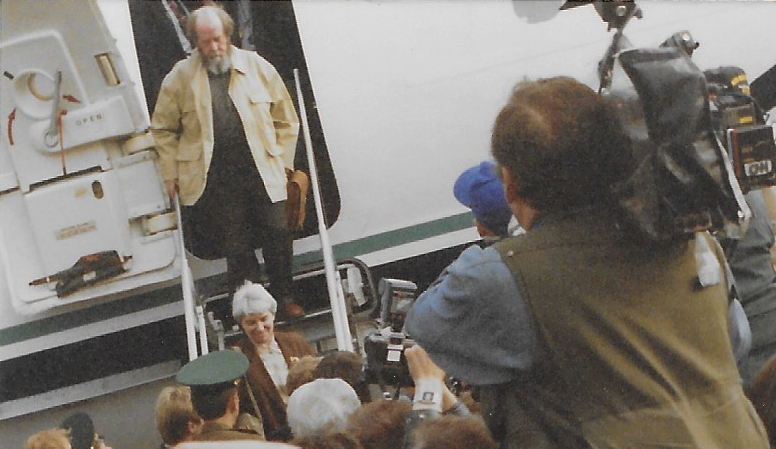
SOLZHENITSYN Target of KGB Propaganda and Censorship by Voice of America
OPINION Cold War Radio Museum How Voice of America Censored Solzhenitsyn SOLZHENITSYN, Target of KGB Propaganda and Censorship by Voice of America By Ted Lipien This research article, written for Cold War Radio Museum website to coincide with the 100th anniversary of the 1917 Bolshevik coup in Russia, deals primarily with censorship at the U.S. taxpayer-funded and government-run Voice of…
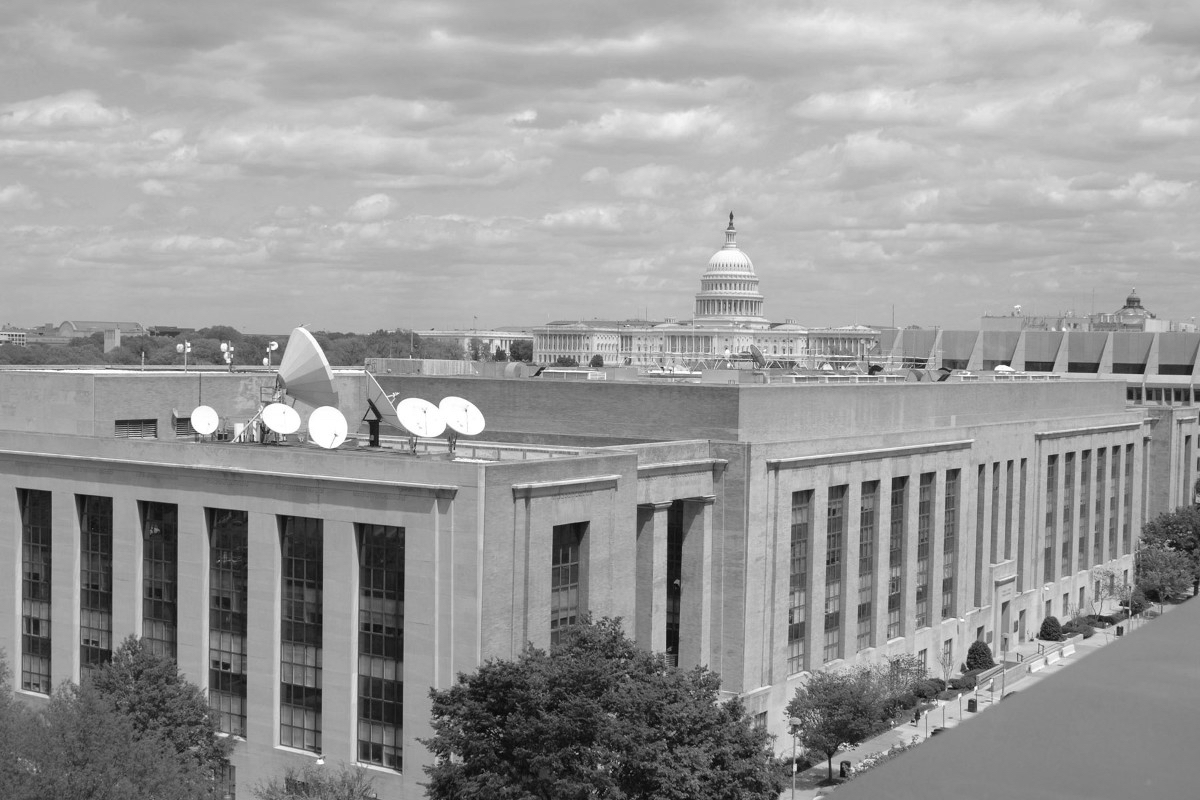
OPINION Cold War Radio Museum How Voice of America Censored Solzhenitsyn China, Iran, Cuba, North Korea By Ted Lipien When in 1974 the Voice of America (VOA) banned Alexandr Solzhenitsyn from its programs, the push for the ban may have originated with Secretary of State Henry Kissinger. Today, personal, ideological and partisan preferences of VOA managers and…
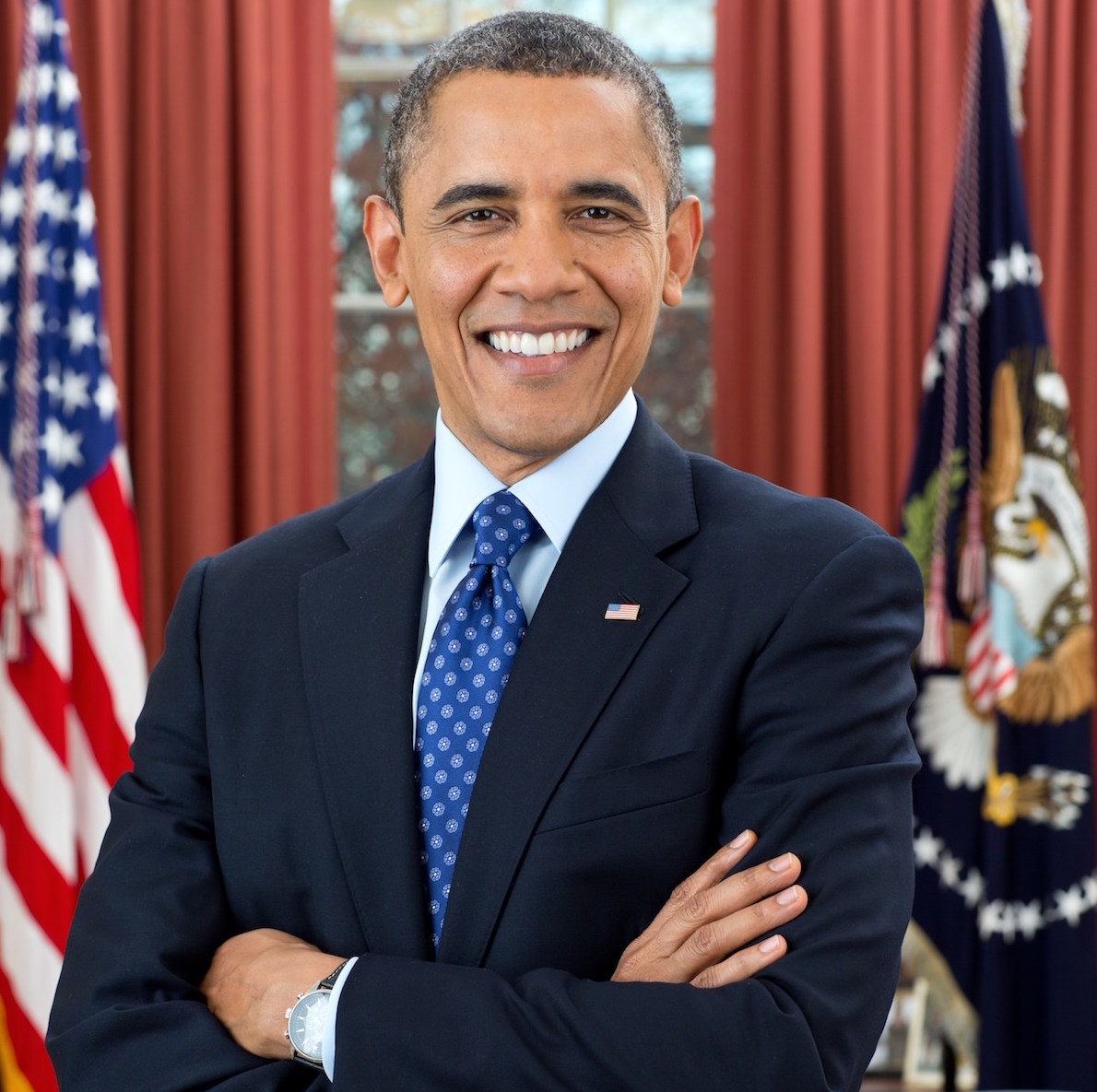
OPINION Cold War Radio Museum How Voice of America Censored Solzhenitsyn The Obama “Reset” with Russia By Ted Lipien Hillary Clinton seemed to have had some understanding of how Russian propaganda works when she made her critical comments about the Broadcasting Board of Governors in 2013 to the House Committee on Foreign Affairs, calling the U.S.…
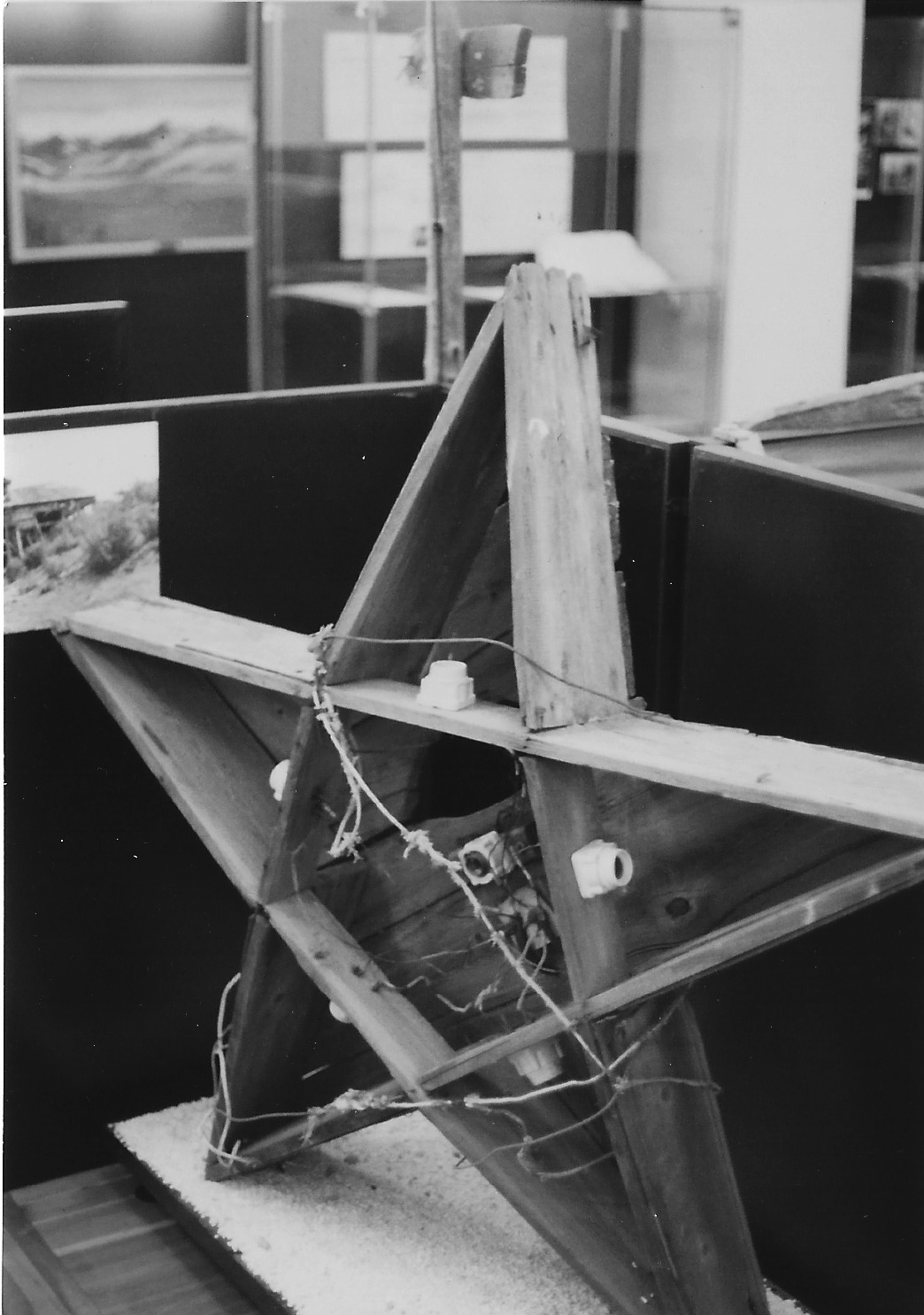
OPINION How Voice of America Censored Solzhenitsyn Radio Liberty Fails on Russian Interference By Ted Lipien The vast majority of political propaganda and disinformation in U.S. media is originated domestically by American commentators, partisan think-tanks, reporters and social media users. But all too often, U.S. government officials, as well as journalists, both government-hired as in the Voice…
Cold War Radio Museum September 17, 2017 On April 13, 1943 Radio Berlin (Reichssender Berlin) broadcast official news of the German Nazi government that German military forces in the Katyn forest near Smolensk, in the then German-occupied region of the Soviet Union, had uncovered a ditch that was “28 metres long and 16 metres wide [92 ft by 52 ft],…
MSZANA DOLNA NA 150-TĄ ROCZNICĘ NIEPODLEGŁOŚCI STANÓW ZJEDNOCZONYCH
Tadeusz Lipień
4-go lipca Ameryka obchodziła Dzień Niepodległości. Ten szkic ma na celu przypomnienie jak mieszkańcy międzywojennej Rzeczypospolitej obchodzili w 1926 r. w wyjątkowy sposób 150-tą rocznicę podpisania amerykańskiej Deklaracji Niepodległości. Włączyłem do niego także osobiste wspomnienia o moich krewnych i innych mieszkańcach mojej rodzinnej miejscowości Mszany Dolnej, którzy w 1926 r. przesłali specjalne życzenia narodowi amerykańskiemu.

Województwo Lubelskie; Polskie deklaracje szacunku i przyjaźni dla Stanów Zjednoczonych: przedstawiciele województw i okręgów, organizacje prowincjonalne, instytucje wojskowe, organizacje społeczne, wydziały i studenci instytucji akademickich; Tom 2; Kolekcja Biblioteki Kongresowej; 1926 r.
Read in English: “History’s Greatest Fourth of July Birthday Card: A Personal Story of Polish-American Friendship“
History’s Greatest Fourth of July Birthday Card: A Personal Story of Polish-American Friendship
By Ted Lipien
Today, July 4, 2017, America celebrates its Independence Day. This article is about a unique way in which the citizens of the interwar Polish Republic marked in 1926 the 150th anniversary of the signing of the American Declaration of Independence. I combined it with a personal story about my relatives and other inhabitants of my former hometown of Mszana Dolna who participated in the 1926 4th of July celebrations.

Read in Polish: “MSZANA DOLNA NA 150-TĄ ROCZNICĘ NIEPODLEGŁOŚCI STANÓW ZJEDNOCZONYCH“
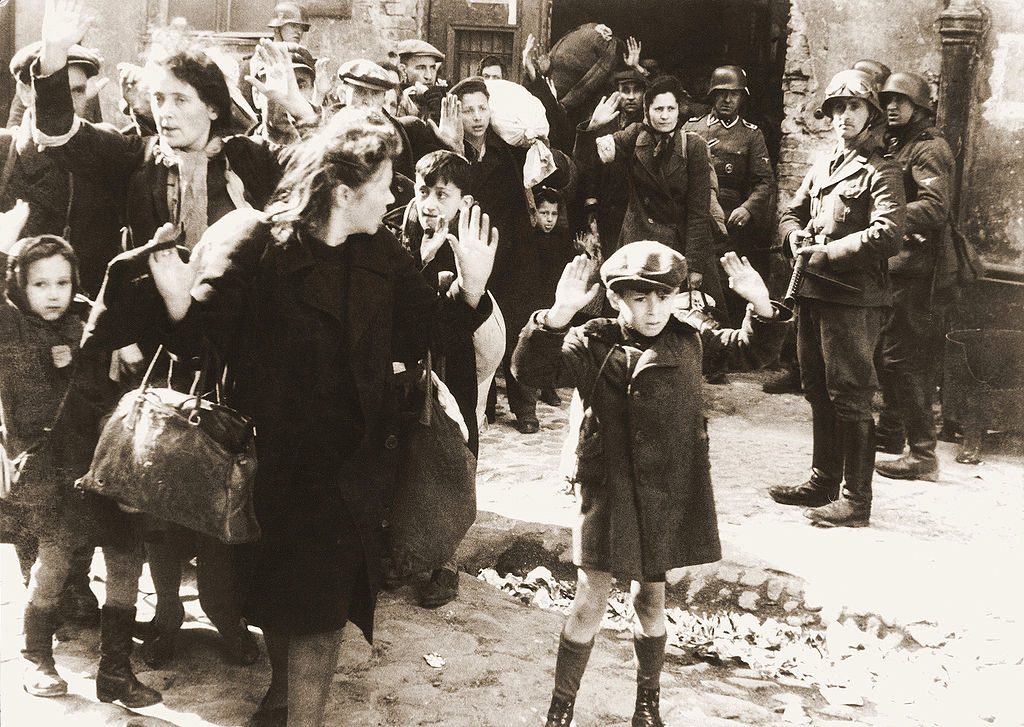
“The Voice of America—the United States Government overseas radio broadcasting station founded in 1942—ignored the subject of the Holocaust throughout the Second World War,” American scholar Holly Cowan Shulman wrote in a 1997 article published in Historical Journal of Film, Radio and Television. She noted that U.S. government officials in charge of VOA were “either Jewish or philo-Semites,” but the…